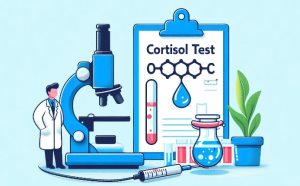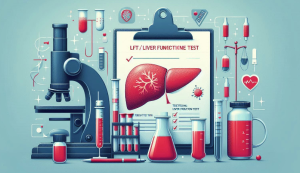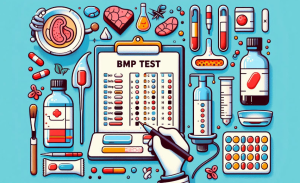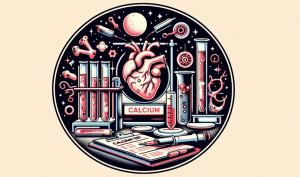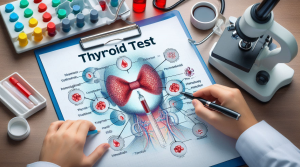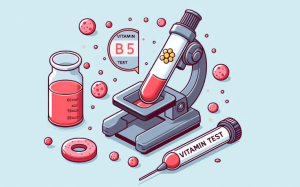What is a Vitamin B7 Test/Biotin Test?
A Vitamin B7 Test, also called a Biotin Test, measures the level of biotin (Vitamin B7) in your blood or urine. Biotin is a water-soluble vitamin that plays a vital role in various metabolic processes, including energy production, fatty acid synthesis, and amino acid metabolism. It also contributes to healthy hair, skin, and nails.
Why Do You Need a Vitamin B7 Test/Biotin Test?
While biotin deficiency is rare, a healthcare professional might order this test if they suspect:
- Biotin deficiency: Symptoms like hair loss, brittle nails, skin rash, fatigue, depression, or neurological problems could indicate a deficiency.
- Monitoring high-dose biotin supplementation: People taking large amounts of biotin supplements might require regular monitoring, as excess biotin can interfere with certain lab tests.
- Assessing certain medical conditions: Conditions like malabsorption disorders, long-term antibiotic use, or certain genetic disorders can affect biotin levels.
What Does a Vitamin B7 Test/Biotin Test Measure?
The test directly measures the concentration of biotin in your blood or urine. It can indirectly provide information on:
- Biotin status: Whether you have sufficient, deficient, or excessive levels of Vitamin B7.
- Potential health risks: Biotin deficiency, although rare, can lead to various health problems.
- Underlying conditions: Abnormal levels might signal issues with nutrient absorption or other health concerns.
Preparing for the Test
Generally, no special preparation is required for a Vitamin B7 test. However:
- Fasting: Some labs might recommend fasting for a certain period before the blood test. Confirm with your healthcare provider.
- Medications: Inform your doctor about any medications or supplements you are taking, as some might affect biotin levels, especially high-dose biotin supplements.
Understanding the Results
Normal biotin levels typically range between 200-1200 pg/mL in blood. The interpretation might vary depending on the lab and other factors.
- Low levels (deficiency): This might lead to symptoms like hair loss, brittle nails, skin problems, and other complications.
- High levels: While excess biotin is generally excreted in urine, extremely high levels from supplements can interfere with certain lab tests, potentially leading to misdiagnosis of other conditions.
- Normal levels: Indicate adequate biotin status.
Risk Factors and Prevention
Factors increasing the risk of biotin deficiency include:
- Poor diet: Diets lacking in biotin-rich foods like egg yolks, nuts, seeds, liver, and some vegetables might contribute to deficiency.
- Malabsorption disorders: Conditions affecting nutrient absorption can impact biotin levels.
- Long-term antibiotic use: Certain antibiotics can interfere with biotin production by gut bacteria.
- Genetic disorders: Rare genetic disorders affecting biotin metabolism can lead to deficiency.
Prevention and management involve:
- Balanced diet: Include plenty of biotin-rich foods in your diet.
- Supplementation: If dietary intake is insufficient or you have specific risk factors, your doctor might recommend biotin supplements.
- Addressing underlying conditions: Treating any conditions causing malabsorption or affecting nutrient uptake is important.
- Caution with high-dose biotin supplements: Avoid excessive biotin intake, especially if you are undergoing lab tests.
Remember, maintaining adequate biotin levels is important for overall health. Consult with your healthcare provider if you have any concerns or suspect a deficiency.

 7351982473
7351982473
